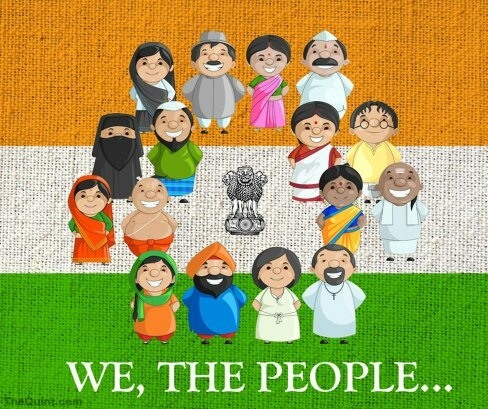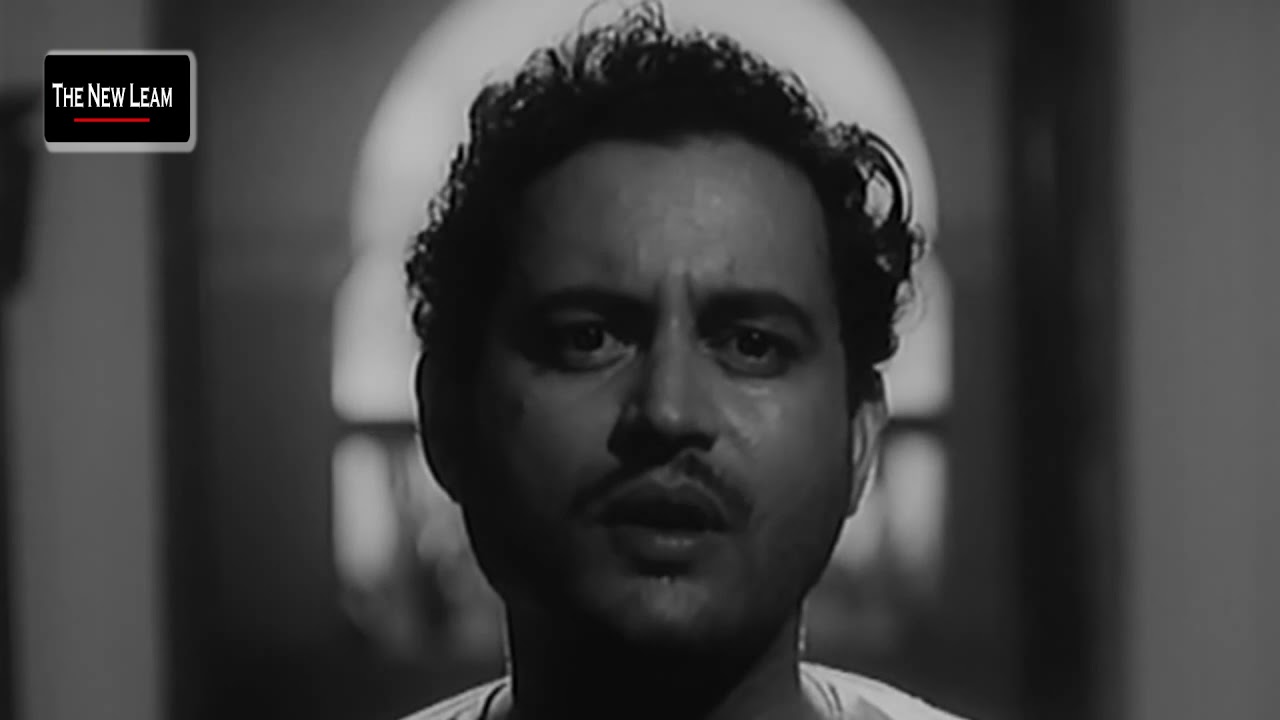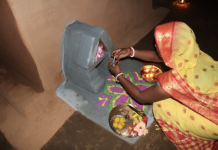Authoritarianism doesn’t really want to convince its supporters that their fantasies are true, because truth claims are subject to verification, and thus to the possible discrediting of authority. Authoritarianism wants to convince its supporters that nothing is true, that the whole machinery of truth is an intolerable imposition on their psyches, and thus that they might as well give free rein to their fantasies.
A few months back, as a part of my work, I was interacting with a social studies teacher on her classroom plans for 6th-grade history in a private school in Chennai. While discussing she mentioned that she wants to educate the students to take pride in their Hindu roots. On further discussion, she elaborated that many temples were destroyed by the Muslim invaders and colonial rulers. As a piece of evidence to substantiate her argument, she forwarded me a short WhatsApp article about how Muslim rule and Colonial invasion has led to the plundering of the cultural heritage of the Hindus. In present time it is not uncommon in the present public sphere where the ‘Whatsapp forwards’ and ‘Facebooks posts’ have become sites of public reason to propagate sectarianism and extreme speech.
In 2016, the Oxford Dictionary voted ‘post-truth’ as the word of the year. It is defined as ‘relating to or denoting circumstances in which objective facts are less influential in shaping public opinion that appeals to emotion and personal belief’. While, propaganda, disinformation, rumour, etc. have been an innate part of human society, the ‘technologisation’ of the phenomenon with the sophistication of the media production is ubiquitous in the era of post-truth with the spread of fake news and associated phenomenon with the prejudiced beliefs unearthed and codified as facts.
The Microsoft Digital Civility Index released in February 2019, stated that Indians netizens are at the highest risk of encountering fake news globally. The report further reveals that the online risks have the strongest impact on millennials and teenagers in terms of consequences and risk exposure. This has resulted in the loss of trust in others, both on- and offline, and an increase in stress and sleep deprivation. Such real-world consequences of fake news propagation have been very visible in the country in the form of distrust in institutions, expert knowledge, rising polarization, increase in hate speech and violence against the marginalised.
John Rawls, in his theory of justice as fairness and the idea of public reason, explains that in order for public reason to exist, we all must all agree on some kind of reality. That is, we as a society must agree on common processes (for example, election procedures, institutional mechanisms, etc.) and substantive criteria (like moral and values-based considerations) as a starting point of consent to work towards a common good that everyone views as legitimate. While there are many critiques of Rawls’ conception of justice, this idea of the public reason appeals towards forging a civic friendship in a polity. Thus the practice of public reason is an essential aspect of the various valuable relationships characterised in several ways in a liberal democratic polity, making it essential for creating a democratic public sphere.
However, the fake news phenomenon, being part of a wider culture of extreme speech, blatant prejudice, and mainstreaming of fringe opinions creating parallel realities poses a mortal threat to the foundations of an equal and representative public sphere. A recent example is the current election season in the country which poses an immediate threat to a democratic public sphere by showing a tremendous rise in the spread of disinformation and malinformation, covertly supported and encouraged by the political parties through organized circulation in encrypted communication networks such as Whatsapp.
In 2013, policymakers around the globe voiced the need to combat fake news and the World Economic Forum’s Global Risks Report warned that “digital wildfires” could spread false information rapidly. In 2018, Open Society Institute in Sofia, compiled the Media Literacy Index, which assessed 35 European countries on their resilience to fake news using the indicators of education, media freedom, and trust in people. The index stated that the Northwestern European countries, with Finland topping the list, have the highest potential for resilience to the impact of fake news and post-truth phenomenon due to the quality of education, free media and high trust among people. The report also showed a substantive correlation between the quality of education in the state and media freedom.
As per
with other parts of the world, addressing the phenomenon of fake news through
regulation intrudes on the freedom of speech and
expression and
democratization of the public sphere. While the rise of fake news machinery has
led to a rise of an ecosystem of myth busting and
fact-checking vigilantes, there is a dire need for providing critical media
education to children and young adults in the country.
The Finnish education system has been able to create a
new generation of critical young citizens who are resilient to fake news and
hoaxes through improved news literacy and digital literacy on misinformation in
schools. For instance, Faktabaari, a fact-checking
organization works with students and educators as a part of Voter Literacy
Project to make them aware of misinformation, disinformation, and
misinformation by imbibing good research and critical thinking skills.
The current divisive environment in the country poses huge challenges to the educators to create a transformative learning space that welcomes various political positions in the interests of working collaboratively toward the greater good. In a society where the public reason and the public sphere has been severely distorted and where beliefs trump facts and counter-narratives don’t weigh enough in an argument, what are the implications for schools and educators who are seeking to foster a just, compassionate and informed citizenry?
We need an immediate pedagogical intervention where students can learn to engage in dialogue and dissent. There is a moral responsibility on the educators to facilitate sharing and critiquing of opinions and ideas, encourage critical examination and forming of informed and well-supported opinions, and remind students’ co-constructed reality and a civic community within which we are all operating.
In creating such interventions for enabling dialogue on media and news literacy there is need to recognize that critical examination of a public sphere cannot be developed by teaching an oversimplified sense of moral relativism, where the distinction of fact and opinion is solely based on the proven objectivity of the fact and where opinions are merely true or not in relative to their culture. Instead, what we need as an educational intervention is critical literacy where schools and institutions of education act as sites for practicing critical assessment of multiple perspectives existing in tension with each other through the questions of authority, power, and control.














